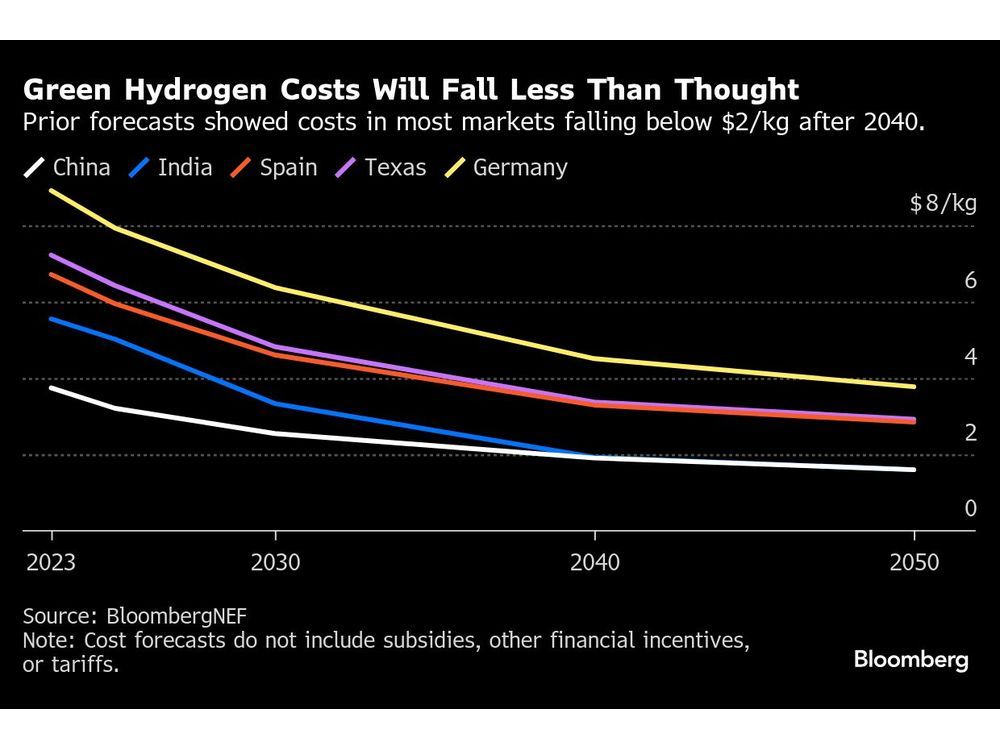There are a lot of different types of life insurance policies available on the market, and it can be difficult to decide which one is right for you. In this blog post, we will compare whole life insurance and universal life insurance policies and discuss the pros and cons of each. By the end of this post, you should have a better understanding of which type of policy is best for you.
What is whole life insurance?
Whole life insurance is a type of permanent life insurance that covers you for your entire life. The death benefit and the premiums are fixed, and the policy builds cash value over time.
What is universal life insurance?
Universal life insurance is a type of permanent life insurance that offers more flexibility than whole life insurance. The death benefit and the premiums can both be adjusted, and the policy has a cash value component.
What are the pros of whole life insurance?
The main benefit of whole life insurance is that it is permanent coverage. This means that as long as you pay your premiums, your beneficiaries will receive the death benefit. Whole life insurance also has a cash value component, which means that the policy will grow in value over time.
What are the cons of whole life insurance?
Whole life insurance policies can be more expensive than other types of life insurance, and they may not offer as much coverage. In addition, the cash value component of whole life insurance can be difficult to access if you need it.
What are the pros of universal life insurance?
Universal life insurance policies offer more flexibility than whole life insurance. You can adjust your premiums and death benefit, and you have more control over how your policy grows. In addition, universal life insurance typically has lower premiums than whole life insurance.
What are the cons of universal life insurance?
Universal life insurance policies can be more complex than other types of life insurance, and they may not offer as much coverage.
The difference between whole life and universal insurance
The main difference between whole life and universal insurance is that whole life insurance is a type of permanent life insurance while universal life insurance offers more flexibility. Whole life insurance has fixed premiums and a death benefit, while universal life insurance allows you to adjust both the premiums and the death benefit. Universal life insurance also has a cash value component, which means that the policy will grow in value over time.
How to choose the best insurance policy for you
The best life insurance policy for you will depend on your needs and budget. If you are looking for permanent coverage, whole life insurance may be the best option. If you are looking for more flexibility, universal life insurance may be the best option. Ultimately, you will need to compare different life insurance policies to see which one is best for you.
The bottom line
So, which type of life insurance is best for you? It depends on your needs and preferences. If you want permanent coverage, whole life insurance may be the best choice. If you are looking for more flexibility, universal life insurance may be a better option. Ultimately, the decision is up to you.
Further questions
What's your question? Ask it in the discussion forum
Have an answer to the questions below? Post it here or in the forum



SASKATOON, Saskatchewan — Cameco (TSX: CCO; NYSE: CCJ) was informed by our partner, National Atomic Company Kazatomprom JSC (Kazatomprom), and Joint Venture Inkai LLP (JV Inkai), that as of January 1, 2025, JV Inkai has suspended production activity. On December 31, 2024, JV Inkai formally…


With Trump in the White House, the prospect of a trade war and $86 billion in unspent funds, climate venture capitalists are realigning their investment strategies.